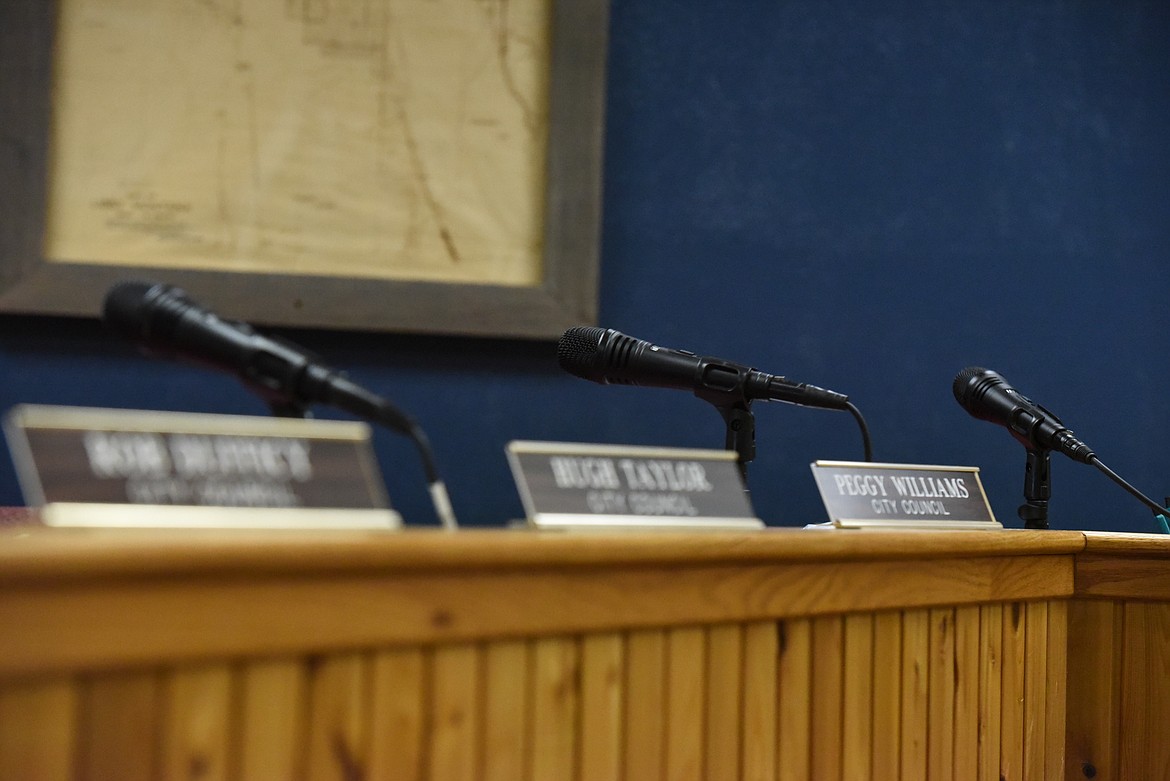Local officials worry IP has found an exit strategy as Superfund site negotiations falter
City of Libby officials and their legal representative are at an impasse in negotiations with a multi-billion dollar company over an agreement that would continue subsiding municipal water for residents due to long-standing groundwater pollution.
Since January, talks between the city and International Paper Company, the world’s largest paper manufacturer, over a new contract have largely stalled, said Allan Payne, the attorney representing Libby in the affair...
Become a Subscriber!
You have read all of your free articles this month. Select a plan below to start your subscription today.
Already a subscriber? Login



